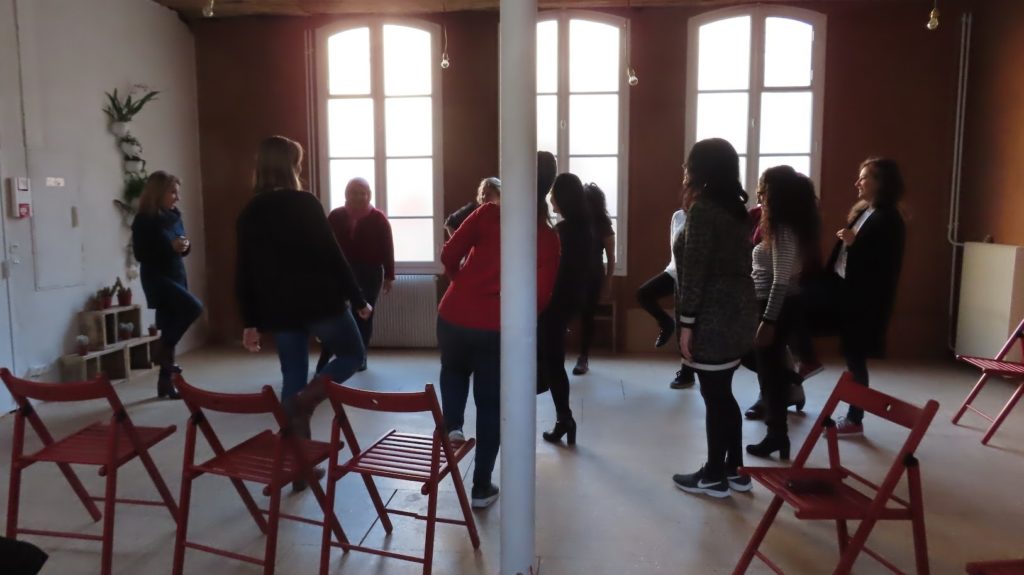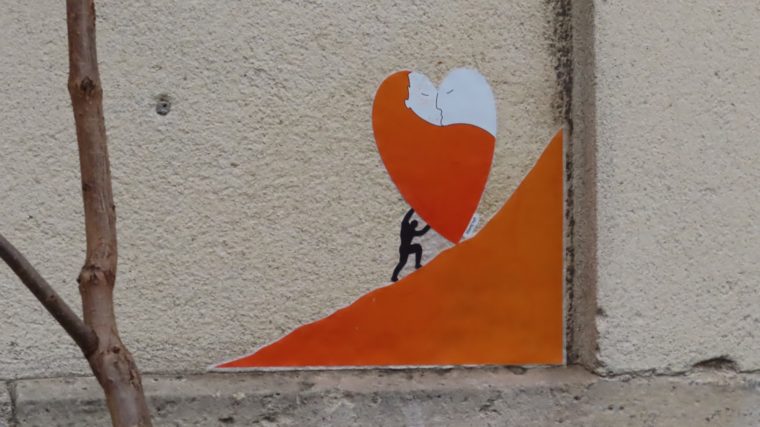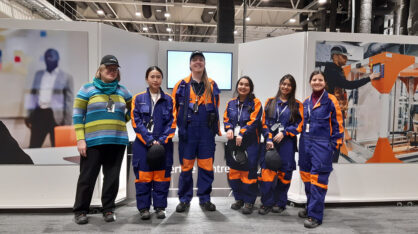The Kaleidescope project, was highly successful in targeting migrant women. Migrant women on the whole are an underserved demographic with high rates of unemployment or underemployment. According to a report from World Economic Forum (2020), women are underrepresented and face a gender gap globally (World Economic Forum). In Kaleidescope, migrant women, some with STEAM backgrounds, were provided entrepreneurship soft-skills training. Having migrant women participate more fully in employment and entrepreneurship boosts local economies and increases diversity and the potential for innovation and sustainability.
Migrants and migrant women especially experience higher rates of unemployment and underemployment compared to the native-born populations in their European host countries (OECD 2013). Entrepreneurship is one option that for migrant women to empower themselves and reach their full potential. Entrepreneurial business creation benefits host countries by adding innovation, diversity, value, labour integration to local and national economies. Migrant women face challenges in becoming entrepreneurs when they move to a new country. They often lack access to funds, professional networks and other resources. Kaleidoscope offers training to develop soft skills that aid aspiring migrant women entrepreneurs. Success of the training was demonstrated in measurable increases in self-assessed soft skill before and after the training and evaluations of the training itself by over 50 participants in the four partner countries. The 14 participants in the pilot training in Finland gave the training a 100% satisfaction rating.

Reboot project was a response to increasing unemployment and underemployment of HE (higher education) graduates in Europe. The target group includes unemployed and underemployed HE graduates in Europe, with special attention given to the most in-need sub-segments: young graduates with limited professional employment experience in their fields of study; women returning from parental leave; employees over age 45 who have been made redundant and need to pivot to new career paths: and migrants who encounter challenges in getting hired relating to their migrant backgrounds. (Reboot, 2019) The project also addressed other stake holders such as HEIs, continuing education and training organisers, unemployment offices, career counsellors, and key-actors in human resources, management and employment areas. Reboot training strengthens transferable, non-technical, non-field-specific skills and competences such as problem solving, creativity, adaptability and teamwork. These are skills that are generally not taught at HEIs but are important in working life in all sectors. Unemployment and underemployment of skilled workers not only impacts individuals but also limits the potential value those individuals can offer their sectors. Reboot helps participants to develop a future focus orientation with skills to deal with uncertainty and change.
A current project, MentoraSTEAM (2020-2023), is a training program to develop the confidence and self-efficacy and thereby employability of migrant women in STEAM fields where they are under-represented and face double discrimination as migrants and women in male-dominated STEAM fields.
MentoraSTEAM has the potential to directly impact the regional energy sector. Getting migrant women in STEAM fields hired to positions that suit their competences will benefit the sector. Currently talent is going untapped because of the challenges this group encounters as both women in male-dominated fields and migrants who may lack networks, language skills, and other opportunities that would promote their careers. There may be highly-skilled migrant women in Vaasa who could be innovative, valuable potential workers for energy sector and other STEAM field positions in Ostrobothnia.
Learn more:
- MentoraSteam project website
- Kaleidoscope project website
- Reboot project website
- Kaleidescope EU good practice example
- Reboot EU good practice example
Disclaimer: These projects have been funded with support from the European Commission. This publication [communication] reflects the views only of the authors, and the Commission cannot be held responsible for any use which may be made of the information contained therein.




